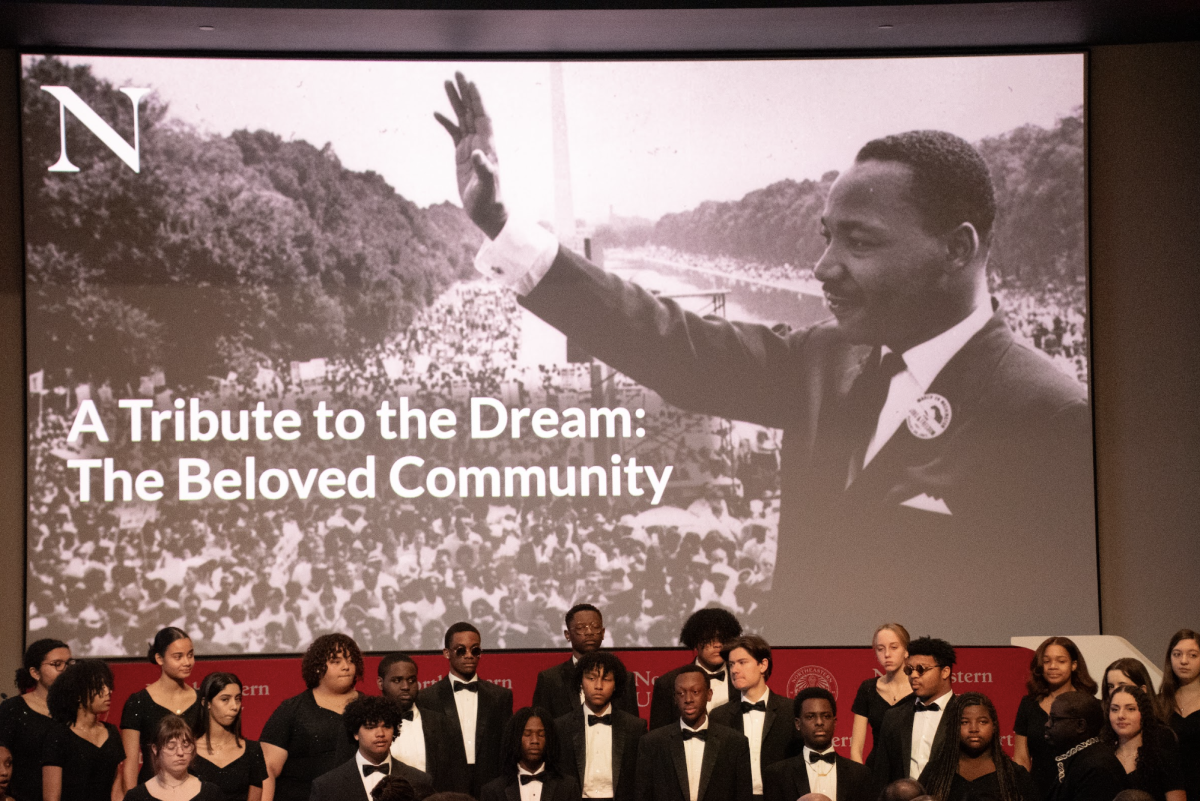Since the formation of the Ad Hoc Committee in December 2008, the fates of the College of Criminal Justice (CCJ) and the College of Arts and Sciences (CAS) have hung precariously over the heads of students, professors and administrators. Now, after a considerable amount of turmoil, Provost Stephen Director announced a recommendation to the university to restructure the colleges into a College of Science; a College of Arts, Media and Design; and a College of Social Sciences and Humanities, under which CCJ would become the School of Criminal Justice.
Despite saying there will be more ‘open discussions’ about his report in the near future, Director has already set a date for these changes to take place. In the report, he says it is ‘anticipated that this restructuring will be effective July 1, 2010.’ And in an interview with The News Sept. 9, he said he expects to have the support of faculty senate when he presents the recommendation this semester, but refused to comment on the possibility of the senate not supporting the recommendation, saying that the scenario was too hypothetical.
Therefore, the word ‘recommendation’ seems less appropriate than ‘decision.’ Who is Director recommending these changes to? According to Director of Public Relations Renata Nyul, the report is a ‘recommendation to the university. It is a statement of how the university leadership plans on restructuring the university.’ Therein lies the problem. If the university administration is recommending these changes to itself, it seems unlikely that it will turn down its own proposal.
And so, for many, the announcement comes as a disappointment, but not necessarily an unexpected one. From the start, some members of the CCJ community vocally opposed dismantling CCJ’s current structure, saying it would lessen the program’s esteem. Professor and former dean of the college Jack Greene said the move would be a ‘disinvestment’ in the criminal justice program.
The News, too, expressed serious concerns about removing CCJ as an independent college, particularly after the Ad Hoc Committee released a 131-page report May 28 which detailed many disadvantages to restructuring, including ‘the risk of losing prestige, prominence and identity; diminished decision-making effectiveness under hybrid budgeting; and diminished ability to attract and retain faculty, students, and external funding.’
But often more than the potential changes, The News and the naysayers opposed the process. And in a June 17 editorial, The News said ignoring the disadvantages outlined in the May 28 report would be ‘a blatant disregard for a fair process.’
The provost’s recommendation attempts to show otherwise, detailing a June 15 retreat which Director and many other attendees called a turning point in the discussion, after which the three-college model gained favor. The recommendation includes a full list of members who attended the retreat, several paragraphs of synopsis about the retreat, and the retreat’s schedule.
True, dividing a school as large and disjointed as CAS makes sense, and the criminal justice program appears to have found a safe home in the College of Social Sciences and Humanities. However, The News maintains the process was unfair to students, and fears about removing CCJ as an independent college remain. Although Director maintained that there is always room for student input, only one student was involved in the retreat which proved to be so important. And what good is future discussion if the university is already moving forward with these changes? Furthermore, these changes are more than just a reorganization ‘- as outlined in the May 28 report, they have the potential to change the way the criminal justice program’s budget operates ‘- and therefore their impact should not be downplayed.
Northeastern is a quickly changing university, and so changes to its structure cannot be completely unexpected. But as it continues to grow and make these changes, it must remember the students who will be directly impacted by them, and involve them in future discussions from the start.








